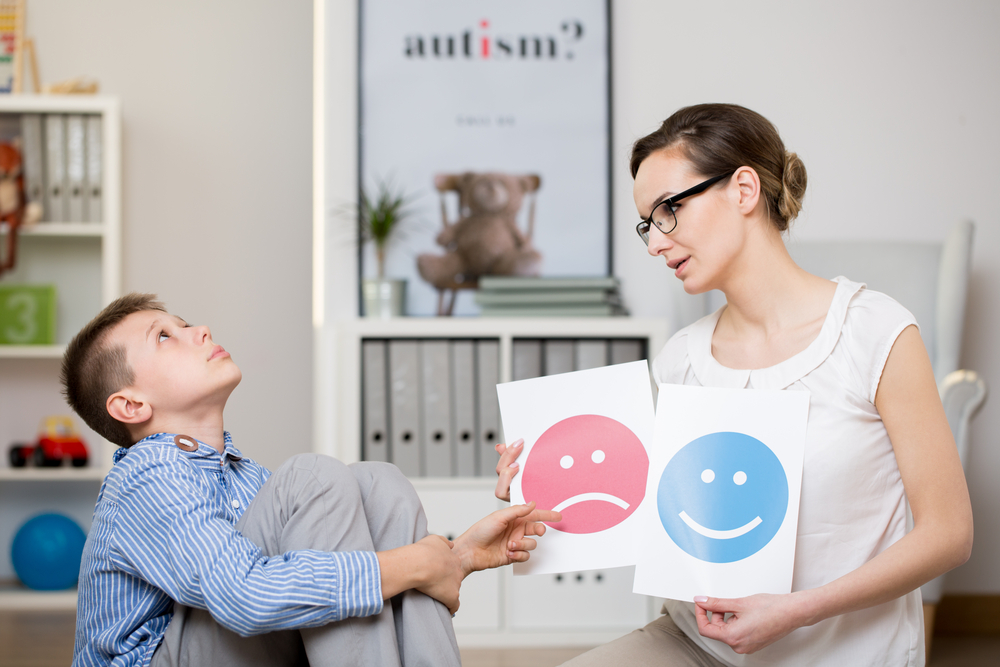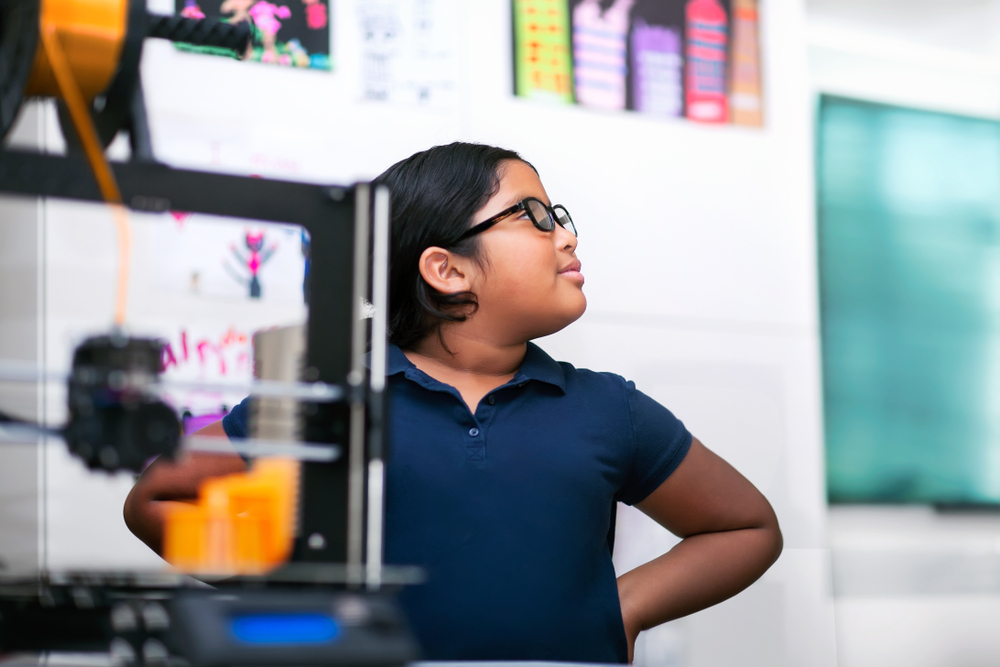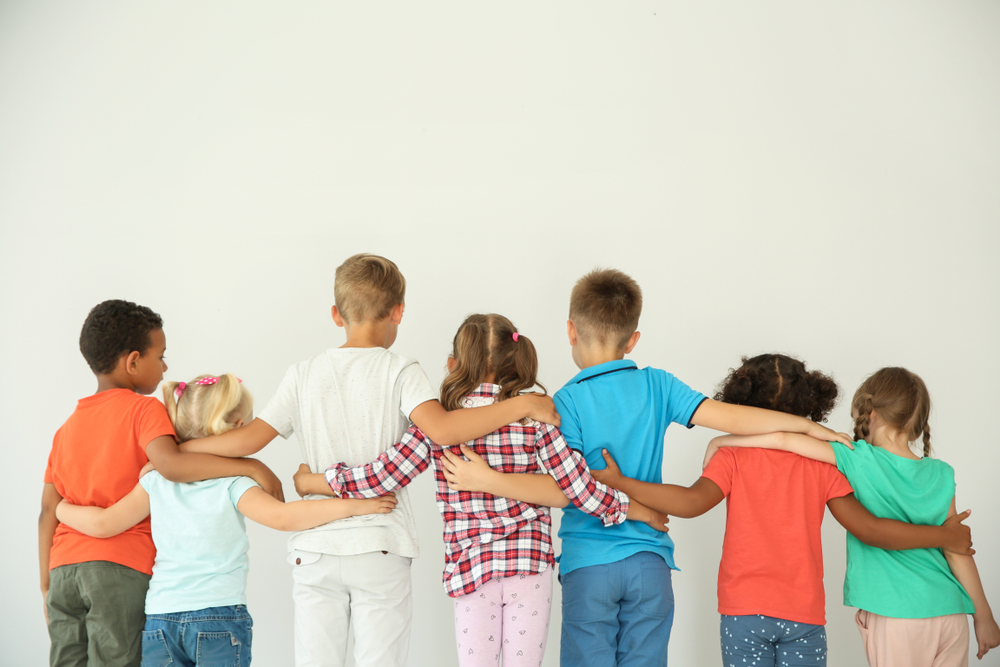Building Resilience: How Therapy Can Help Children Overcome Trauma



Trauma is defined as any type of distressing event or experience that can have an impact on a young person’s ability to cope and function. Trauma can affect the innerworkings of a child’s brain. For example, research indicates that traumatic stress can result in…
Engage TreatmentMarch 27, 2024










